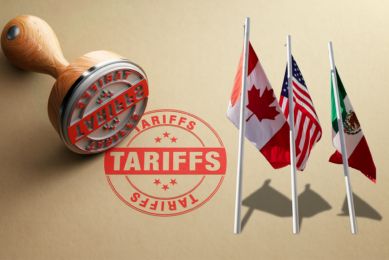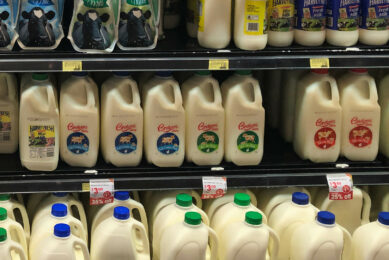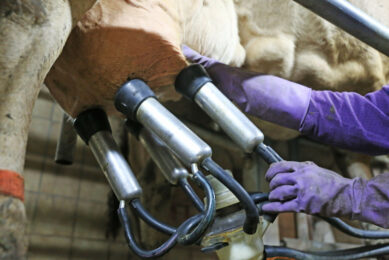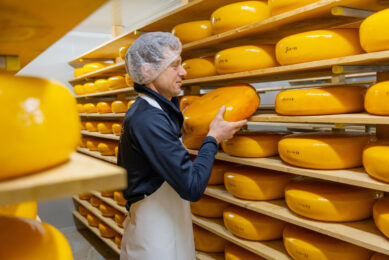Kazakhstan dairy industry crisis deepens
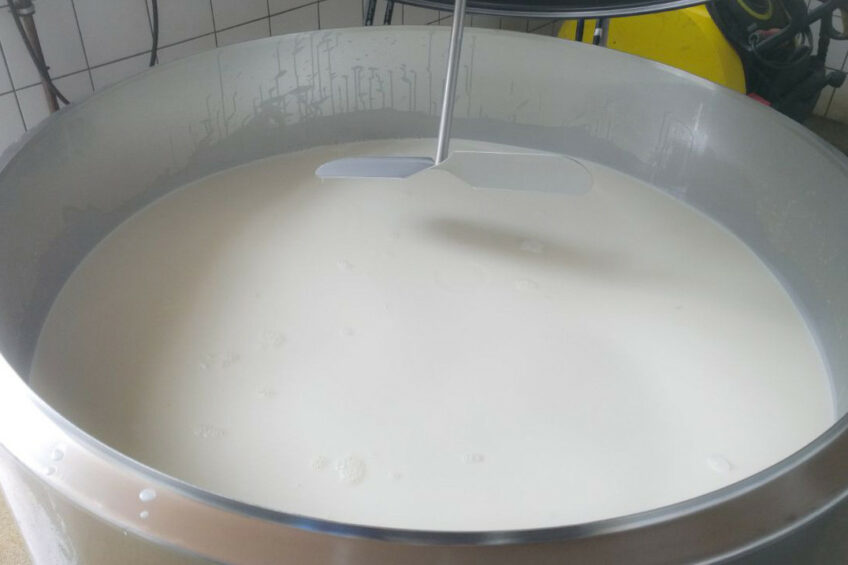
Kazakhstan dairy processing plants have made a major switch from purchasing raw milk from local farmers to dry milk of Russian origin. Market players rang the alarm bell saying this puts the long-term industry’s stability under enormous pressure.
Several dairy plants in the Pavlodar and eastern Kazakhstan regions have suspended raw milk purchases from local farmers, Aidarbek Khodzhanazarov, a member of the local parliament, recently said. The farmgate price of raw milk in the country plummeted from KZT 250 (US$0.52) at the beginning of the year to nearly KZT 150 (US$0.31) in June.
Policymakers say tough competition with cheap Chinese dry milk is squeezing the Kazakh raw milk sector. As Khodzhanazarov pointed out, a litre of dry milk now costs as little as KZT 120 (US$0.25). Over the past 5 years, Kazakhstan dairy imports from Russia jumped sixfold, with growth accelerating in the last several months.
Some farmers in Kazakhstan have already gone bankrupt, Khodzhanazarov said, adding that the local market ‘feeds’ manufacturers from the neighbouring state.
This is not the first time Kazakhstan officials have voiced fears over the overwhelming imports of cheap Russian dairy products. The Russian dairy industry has become more competitive in the past year thanks to the Russian ruble’s depreciation and 100% logistics subsidies the Russian government subjected dairy exports to since 2023.
Alternative opinion
Kazakhstan dairy processors, however, consistently deny accusations about a lack of consumer patriotism.
For example, Andrey Gritsenko, CEO of Eurasian Milk LLP, a prominent dairy processor, said that the raw milk sector has a relatively low effectiveness. He continued to say that the quality of milk sourced from Kazakhstan farms leaves much to be desired.
“Compared to neighbouring countries, we have relatively small farms and, as a result, big problems: low farm efficiency, high cost of milk, low quality of milk, poor hygiene, contamination of milk with harmful microorganisms, low protein content,” he listed.
Kazakhstan dairy processors also argue that availability of affordable raw materials from Russia helps them keep food inflation at bay. However, there is a chance that Kazakhstan’s policy on the dairy market can change. Khodzhanazarov called on lawmakers to consider imposing import restrictions and design measures to support exports.
Within the Eurasia Economic Union, Kazakhstan shares a common customs space with Russia and Belarus, so the government has limited options for protecting the domestic market.



